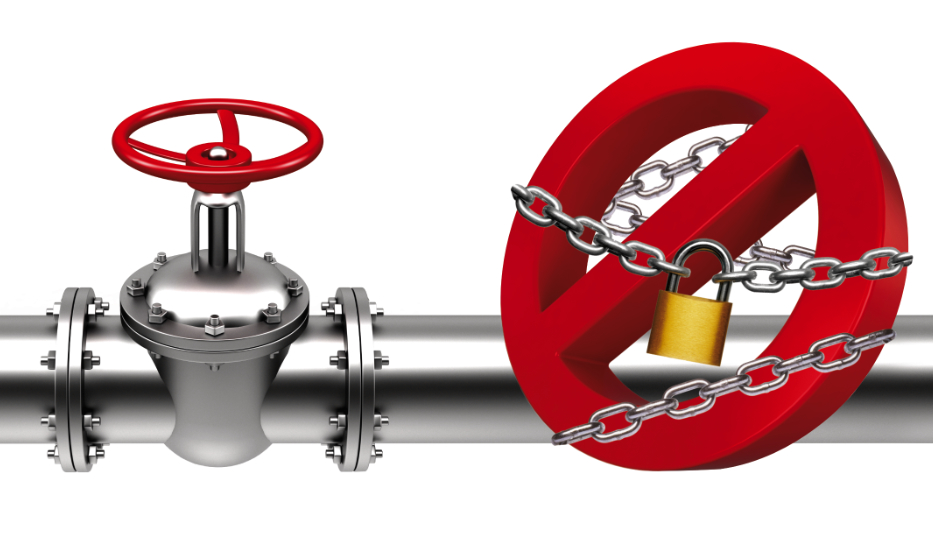While communities in some states are making laws preventing new fossil fuel hookups, others states are making laws preventing communities from doing exactly that
Imagine waking up one day to find that you were suddenly running an illegal business. The key product around which your entire business model is based had been banned overnight.
If long ago this sounded like a nightmare scenario — something from a bad dream, not something that could ever actually happen in the real world — over the last two years, heating fuel marketers have awoken to find the nightmare coming true. Communities across the country from Berkeley, California to Brookline, Massachusetts have passed municipal ordinances outlawing fossil fuel hookups in new buildings. (See “Banned!” from our January/February 2020 issue as well as the follow-up stories in July and September 2020 and January/February 2021.)
Granted, these ordinances wouldn’t outright ban fossil fuel products themselves, but rather prevent new homes and businesses from using the fuels. Nevertheless, the message is clear: policymakers intent on a future free from fossil fuels are trying to write that future into existence via building code changes.
Never mind that Massachusetts’s attorney general ruled that the Brookline ban violated state law, or that the International Code Council now requires energy code issues to be addressed through a standards committee with representatives from the energy and building sectors, or that heating fuel dealers already have a plan in place to phase out fossil energy from their core product by 2050.
Spurred on by power companies wearing the guise of environmentalists, several communities across the Northeast are moving ahead with plans to “electrify everything,” often while ignoring the more affordable and attainable emission reductions provided by renewable liquid heating fuels such as biodiesel-blended Bioheat® fuel.
A testament to shifting political dynamics, data company Morning Consult recently found that 61 percent of Democrats would support banning natural gas hookups in new construction and so would 26 percent of Republicans. Against this political backdrop, heating fuel industry stakeholders in left-leaning Northeast states are working to educate both policymakers and the public about the benefits of liquid biofuels and the pitfalls of electrification.
Meanwhile, in states with larger Republican constituencies, industry stakeholders are trying out another strategy, throwing their support behind legislation that would explicitly make it illegal for communities to ban fossil fuel hookups. Such “ban bans,” or “consumer choice bills” as they’re more typically called, have already passed in Arizona, Arkansas, Louisiana, Kentucky, Mississippi, Oklahoma, Tennessee and Utah.
Similar legislation has been introduced in Alabama, Colorado, Florida, Georgia, Indiana, Iowa, Kansas, Michigan, Minnesota, Missouri, New Hampshire, New Jersey, North Carolina, Ohio, Pennsylvania, Texas, West Virginia and Wyoming. The New Hampshire bill, which was already passed by the state senate, has the backing of the Energy Marketers Association of New Hampshire and the Propane Gas Association of New England (PGANE).
“Homeowners should have the right to choose their energy source rather than be mandated by local government,” said PGANE President and CEO Leslie Anderson in written testimony. “Nothing in this legislation prohibits a consumer’s right to choose.”
While the concept of a ban on bans might seem novel to some onlookers — what’s next, a ban on bans of bans? — there is some precedent for it. As the movement to outlaw plastic bags has spread from one progressive community to the next, a number of states have taken steps to supersede or preempt these bans in higher courts via consumer choice laws.
The case of Minneapolis and Minnesota offers one example of a purple state doing almost exactly that. Minneapolis banned plastic bags and then Minnesota passed a law superseding the ban. Now, Minneapolis is moving to require consumers to pay a five-cent fee for each plastic bag. State law would not preempt the fee, because it is imposed by retailers rather than the city itself.
In the meantime, the cat may already be out the bag. Rather than pay fees, many consumers voluntarily transitioned to reusable bags. Like heating oil, plastic bags are widely recognized as a petroleum product.


